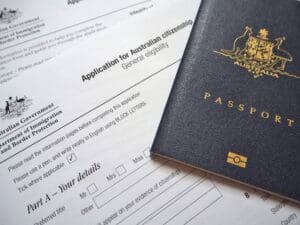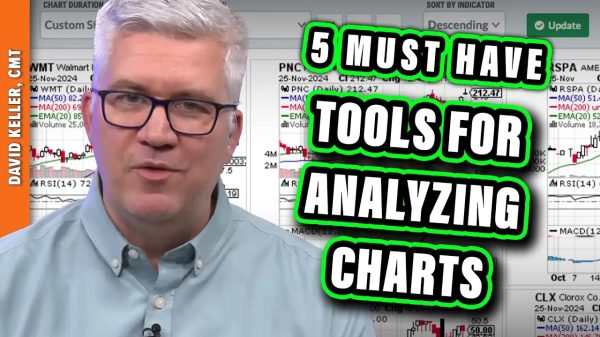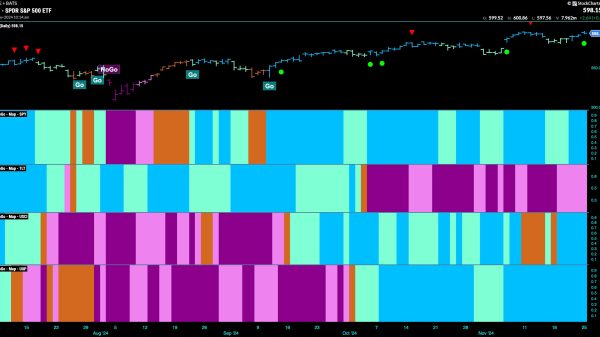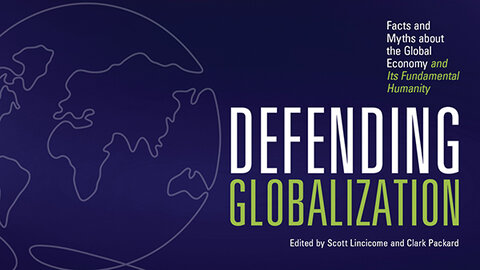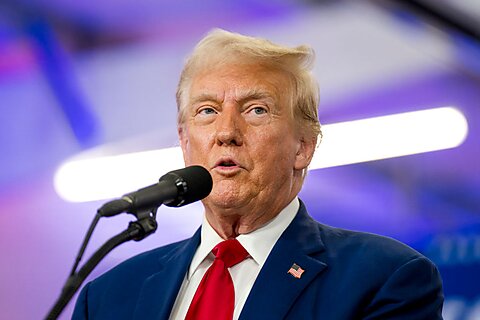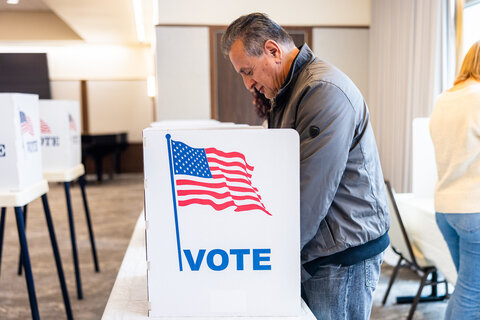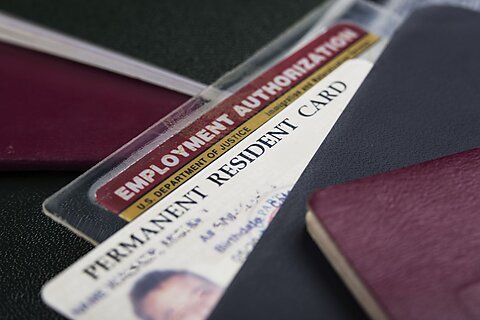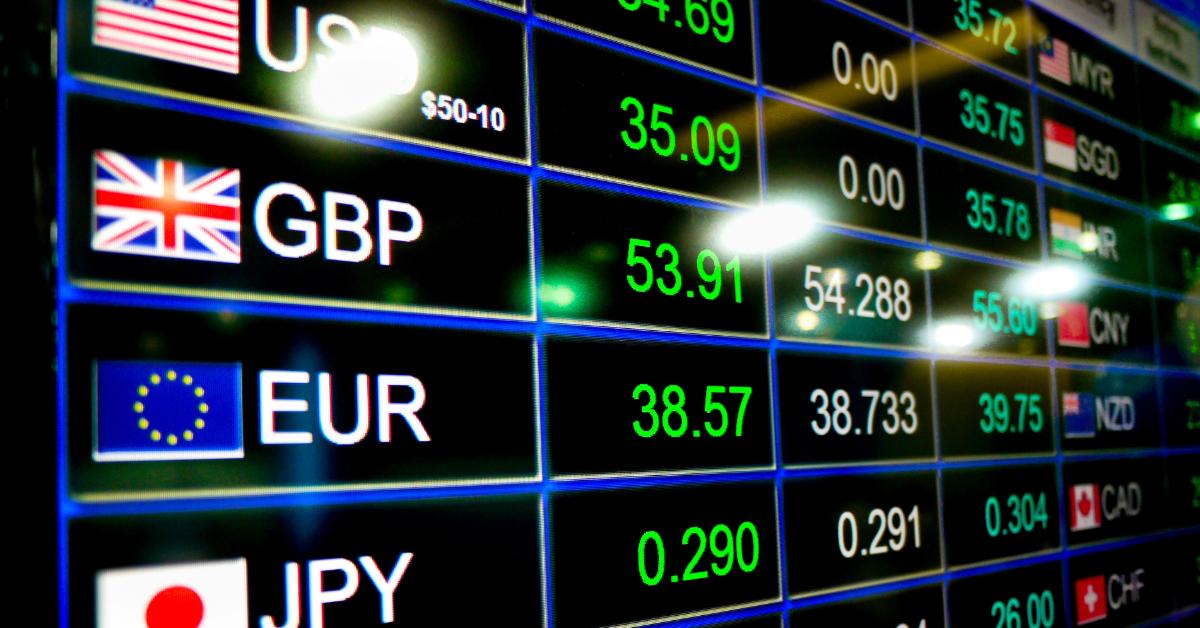It is a common belief that a key factor in determining the currency exchange rate is the balance of payments. An increase in imports increases the demand for foreign currency. To obtain the foreign currency, importers buy it using domestic currency, which strengthens the exchange rate of the foreign currency against domestic money. Conversely, an increase in exports, in which exporters exchange their foreign currency earnings for domestic currency, increases the value of the domestic currency exchange rate against the foreign currency.
In this way of thinking, exporters determine the supply of foreign currency while importers determine the demand for it. Hence, the interaction between supply and demand establishes a foreign currency exchange rate.
Following this logic, one can conclude that the state of the balance of payments, which is the result of the interplay between exports and imports, is key to determining the foreign currency exchange rate.
What Determines Demand for and Supply of Foreign Currency?
Is the supply of foreign currency set by exporters while the demand for it is established by importers? For example, demand for the yen comes not only from American importers of Japanese goods and services but also from the Japanese themselves.
Economic activity that takes place in Japan helps determine demand for Japanese money—the yen. A Japanese producer of shoes exercises his demand for money by selling his product (shoes) for yen, which in turn he could employ some time in the future, to be able to buy other goods and services. Likewise, the producers of other goods and services exercise their demand for money by exchanging their produced goods and services for money, which in the future will be exchanged for other goods and services.
What determines the supply of foreign currency such as the yen and the euro? In the modern monetary system, the source is central bank policy. The quantity of yen and euros is set by the relevant central banks and has nothing to do with the activity of exporters.
Moreover, monetary policies of central banks determine the corresponding purchasing power of money which, in turn, determines the exchange rates.
The Relative Purchasing Power of Money and the Exchange Rate
The price of a basket of goods is the amount of money paid for it. We add that the amount of money paid for the basket of goods is the purchasing power of money with respect to that basket. If in the US the price of a basket of goods is one dollar and in Europe an identical basket of goods is sold for two euros, then the rate of exchange between the US dollar and the euro will be two euros per dollar.
The supply of money is an important factor in setting the purchasing power of money. If over time the growth rate in the US money supply increases relative to the growth rate of the euro, then it will put pressure on the dollar. Since the price of a good is the amount of money used to buy it, then the prices of goods in dollar terms will increase faster than prices in euros, all other things being equal.
Another important factor in driving the purchasing power of money and the exchange rate is the demand for money. With an increase in the production of goods, the demand for money is likely to follow suit. The demand for the medium of exchange will likely increase since more goods will be exchanged. As a result, for a given supply of money, the purchasing power will increase, and less money will chase more goods, driving down prices.
Deviation of the Exchange Rate from the Relative Purchasing Power Sets in Motion Arbitrage
Any deviation of the exchange rate from the rate set by the relative purchasing power of money will likely create an arbitrage, which will undo the deviation. The divergence could emerge because of the market response to trade account data or because of a change in the interest rate differential, but then corrective forces quickly follow.
Assume the Fed raises interest rates while the European central bank keeps its policy rate unchanged. If the price of a basket of goods in the US is one dollar and in Europe two euros, then according to the purchasing power framework, the rate of exchange should be one dollar for two euros. But because of an interest rate differential between the US and the eurozone, an increase in the demand for dollars pushes the market exchange rate toward one dollar for three euros.
The dollar becomes overvalued, so one can exchange dollars for euros and then buy the basket of goods with euros—thus making a clear arbitrage gain. For example, individuals could sell a basket of goods for one dollar, exchange the one dollar for three euros, and then exchange three euros for one and a half baskets, gaining an extra half basket of goods. When holders of dollars increased their demand for euros in order to profit from the arbitrage, it makes euros more expensive relative to dollars and pushes the exchange rate in the direction of one dollar for two euros. Such an arbitrage is always set in motion once the rate of exchange deviates, for whatever reason, from the underlying rate of exchange as depicted by the relative purchasing power of respected monies. Contrary to the popular view, the state of the balance of payments has nothing to do with the determination of currency exchange rates. The key factor behind the rate of exchange determination is the relative purchasing power of various monies.
Conclusion
Contrary to the popular view, the state of the balance of payments has nothing to do with the determination of currency exchange rates. The key factor behind the rate of exchange determination is the relative purchasing power of various monies.

